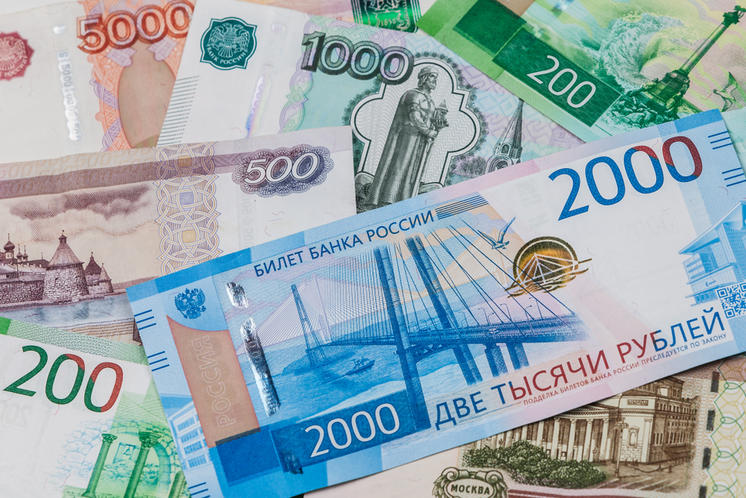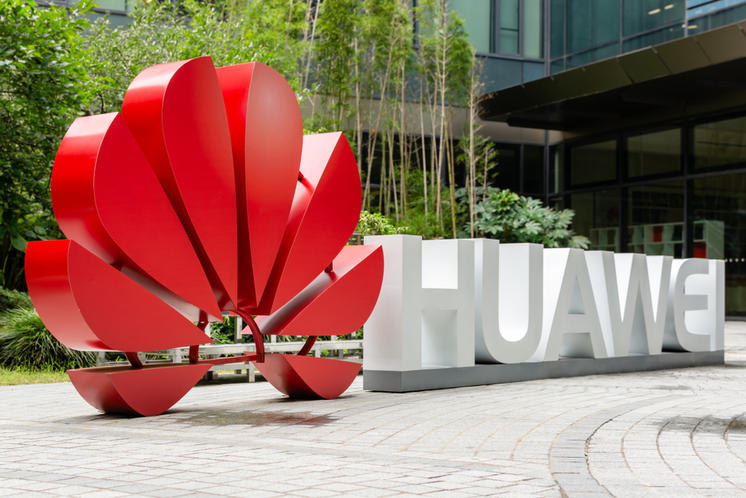Weekly Thoughts by Mirabaud Securities - 17 May 2019



When you are “running on empty,” it requires a lot of “hope”. You can make it to the next gas or charging station before the engine quits running. The same is true with the markets. The current advance is not built on improving economic or fundamental data. It is built simply on “hope.”
Hope the economy will improve in the second half of the year. Hope that earnings will improve in the second half of the year. Hope that oil prices will trade higher even as supply remains elevated. Hope the Fed will not raise interest rates this year. Hope that global Central Banks will still “support” keep on keeping’ on. Hope that the US Dollar doesn’t rise. Hope that China will keep stimulating. Hope that a “trade deal” will be concluded soon. Hope that high-yield credit markets remain stable. That’s a lot...
Once again, the largest sectoral decrease this week was due to sectors “China sensitive”: Materials, technology and industrials. Interesting to see that the European market was green this week with the SMI and the Dax as best student in class and the FTSE MIB lagged behind (the political turmoil weighed heavily on the index). Finally, in Asia, we saw a new consolidation in China over the week. In Japan, the Nikkei lost again almost 3.5% (in Dollar).

It’s quite unusual but over the week the Dollar got almost higher against G10 currency members. The Japanese Yen and the Swiss Franc were the only gainers (in Dollar). Both currencies, named as Safe Haven, tend to benefit during geopolitical or financial fears. The British Pound was the biggest loser of the week, ahead of the Australian Dollar. In emerging markets (still in dollars), the Russian Rouble and the Mexican Peso were the only gainers. We saw some significant decrease on the Brazilian Real, the South-Korean Won and the Indonesian Rupee.

2018 ended on an optimistic note for retailers with strong consumer spending “data” and what was widely considered to be an unexpected comeback for many brick and mortar stores. While that may have been fun while it lasted, the carnage and pressure on the retail sector has once again been ramped backed up, resulting in a breakneck pace for store closings to start in 2019.
In a start to the year 5,994 stores have closed in the US so far this year, which is already more than last year‘s total of 5,864. And retail sales have begun falling again recently, down 0.2% in April from a month earlier. Mall vacancy rates ticked up in the first quarter to 9.3% from 9% in the fourth quarter of 2018. S&P still has a negative outlook on the United States retail sector overall and predicts that roughly 12 of the 136 retailers that it rates will wind up defaulting this year. This is four times the average annual rate.
Just four months into 2019, we have already seen bankruptcies or store closings from companies like Payless Shoesource, Gymboree and Charlotte Russe. Finally, UBS has estimated that another 75,000 stores will have to close by 2026 if online retail continues to rise from its current 16% market penetration to its expected 25%.

In our SWOT market analysis, Italy is well placed in terms of risk. This week will confirm our choice once again. Italian Deputy Prime Minister Matteo Salvini said on Tuesday that Italy is ready to break European Union budget rules if necessary, to spur job.” If we need to break some limits, like the 3% (deficit-to-GDP ratio) or 130-140% (debt-to-GDP ratio), we’re ready to go ahead. Until we arrive at 5% unemployment, we will spend everything that we should and if someone in Brussels complains, that won’t be our concern”.
Consequence: Italian government bond yields rose sharply on Tuesday with the two-year close to its highest level. This is not the first time an Italian politician has challenged EU budgetary rules; as recently as last week Salvini said that Rome was ready to push Italy’s budget deficit above the EU’s 3% ceiling. But it comes at a time of heightened sensitivity to Italian risk due to the proximity to the European elections, heightened tensions within Italy’s ruling coalition, the U.S. trade war with China, and after a lacklustre bond auction. It might not be the last time that we hear talking about Italy…

Reuters reported that the U.S. Commerce Department had added Huawei Technologies Co Ltd and 70 affiliates to its so-called "Entity List" - a move that will make it much more difficult for the telecom giant to buy parts and components from U.S. companies. U.S. officials said the decision would also make it difficult for Huawei to sell some products because of its reliance on U.S. suppliers. Commerce Secretary Wilbur Ross said in a statement President Donald Trump backed the decision that will "prevent American technology from being used by foreign owned entities in ways that potentially undermine U.S. national security or foreign policy interests."
Early Thursday, the Chinese Foreign Ministry, issued the most strongly worded statement yet, blasting the White House's tactics as "disgraceful and unjust" and hinting that the Huawei ban could hurt the ongoing trade negotiations. The real question is: Can the US companies compete in terms of 5G? In its 13th Five-Year Plan the Chinese government describes 5G as a “strategic emerging industry” and “new area of growth,” and in its Made in China 2025 plan, which outlines its goal of becoming a global manufacturing leader, it vows to “make breakthroughs in fifth-generation mobile communication.”
Understanding market movements / The devaluation of the Yuan is no longer taboo / China will not sell its Treasuries / Retail trade in the spotlight / Back to the future for IPOs?
Please feel free to ask for more information if interested.
“(US) Level of confidence fade” (WEAKNESSES). US consumer sentiment dipped in April as consumers’ economic outlook weakened and as they thought “simulative impact” of the tax overhaul “has run its course”.
“Hard and Soft Brexit” (Opportunities & Threats) is on the cliff this week after the Brexit was postponed to 31 October. There is still a risk, however, that the House of Commons will approve the withdrawal agreement before May 22nd.
SWOT stands for Strengths, Weaknesses, Opportunities and Threats, the French equivalent of FFOM analysis (Forces, Faiblesses, Opportunités et Menaces). While SWOT analysis can be used to develop a company's marketing strategy and evaluate the success of a project (by studying data sets such as company's strengths and weaknesses, but also competition or potential markets), I decided several years ago to adapt it as a way to analyse financial markets. SWOT analysis allows a general development of markets by crossing two types of data: internal and external. The internal information taken into account will be the strengths and weaknesses of the market. The external data will focus on threats and opportunities in the vicinity. Finally, and most interestingly, there is a table that will evolve according to current events, which will allow it to reflect the underlying trend in the financial markets on a weekly basis.
Please do not hesitate to reach out to your privileged contact person at Mirabaud or contact us here if this topic is of interest to you. Together with our dedicated specialists, we will be happy to evaluate your personal needs and discuss possible investment solutions tailored to your situation.
Author
Continue to